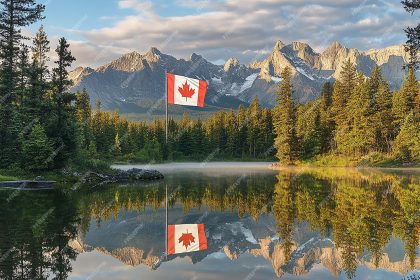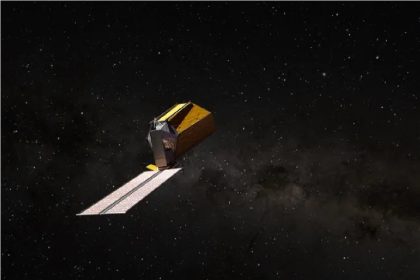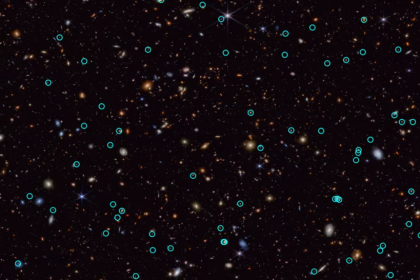About 200 million years ago, Earth witnessed one of the largest mass extinctions in its history. In this event, which is known as the Triassic-Jurassic extinction, about 75% of the Earth’s biological species disappeared. Researchers believe that the main cause of this disaster was huge volcanic eruptions, which led to severe climate changes and ultimately the destruction of many living organisms.
According to the scientific news department of Tekna Technology Media, at that time, the continents of the earth were connected as a single land called Pangea. The huge volcanic eruptions that occurred during this period caused Pangea to break and released a huge amount of greenhouse gases and fine particles into the earth’s atmosphere. By reflecting sunlight, these particles caused the earth’s temperature to decrease and volcanic winters to occur.
Until now, many scientists believed that the gradual rise in Earth’s temperature due to the release of greenhouse gases was the main cause of the Triassic-Jurassic extinction. But a new study conducted by Columbia University scientists shows that volcanic winters caused by sudden and intense volcanic eruptions played a more important role in this extinction.
By examining volcanic rocks in different parts of the world, researchers found evidence that volcanic eruptions occurred in a very short period of time. This evidence shows that the magnetic particles in the volcanic rocks are all aligned in a specific direction. This shows that these rocks were formed in a short period of time before the direction of the earth’s magnetic field changed. Volcanic winters caused by massive eruptions caused a sharp drop in temperature, reduced sunlight and disrupted the Earth’s natural cycles. These harsh conditions led to the death of many animal and plant species that were unable to adapt to rapid environmental changes.
The Triassic-Jurassic extinction was a very rapid and devastating event, a new study suggests. Huge volcanic eruptions and the resulting volcanic winters have been the main cause of the destruction of many biological species during that period. These findings help us better understand climate change and its impact on life on Earth. To see the latest news, refer to the scientific news page of Tekna Media.
RCO NEWS
















